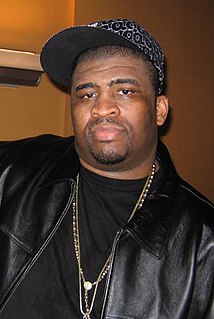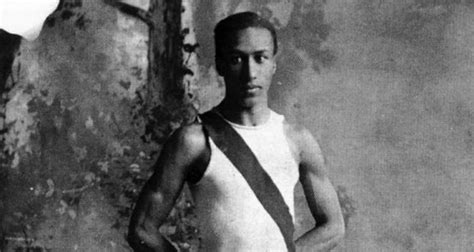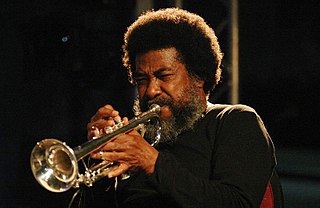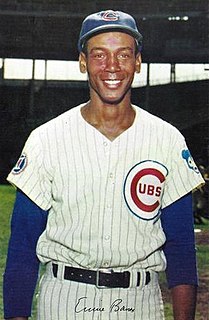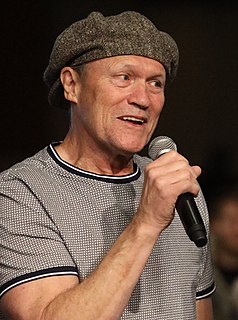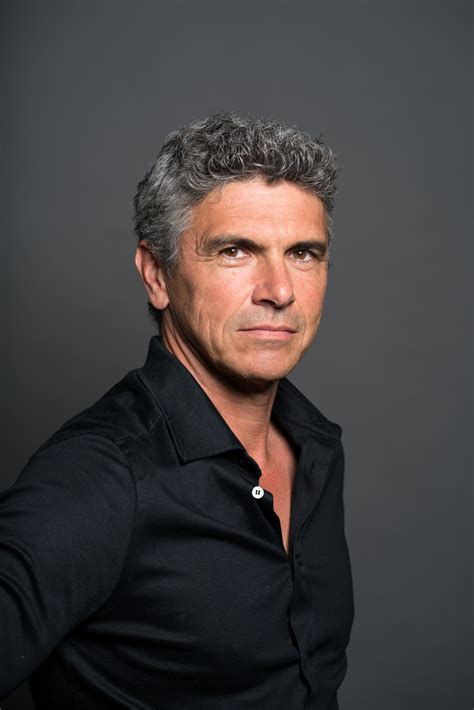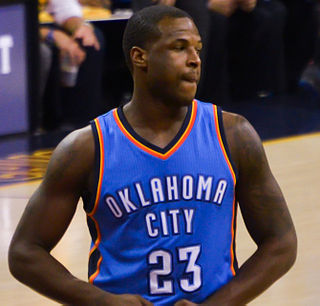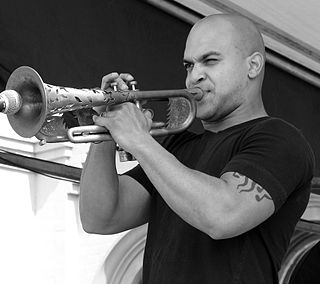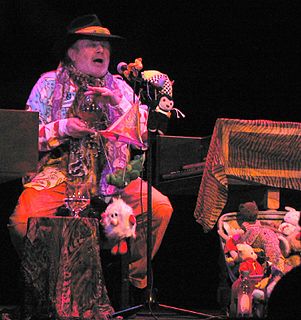A Quote by G-Eazy
Anything back in New Orleans is definitely nostalgic. I really played my first shows of my life and learned to perform here. I learned how to work a stage and how to connect with a crowd. It all started here.
Related Quotes
Since I was from the theater, that's how I learned how to go through the process of being a character. That's how I learned, and that's what I was comfortable doing. And then, the first feature films, I'm sure I was no fun because I did not want to be spontaneous in that filmic way that really can work for you.
I found so much fun in the light shows and the multimedia shows of the hippies. That was when I was a student in the 1960s, and I was in New York, so I learned how to deal with writing, recording sound of other people, performance art - because that was a new territory, and I liked everything that was new and provocative. That interested me more than becoming anything specific.


